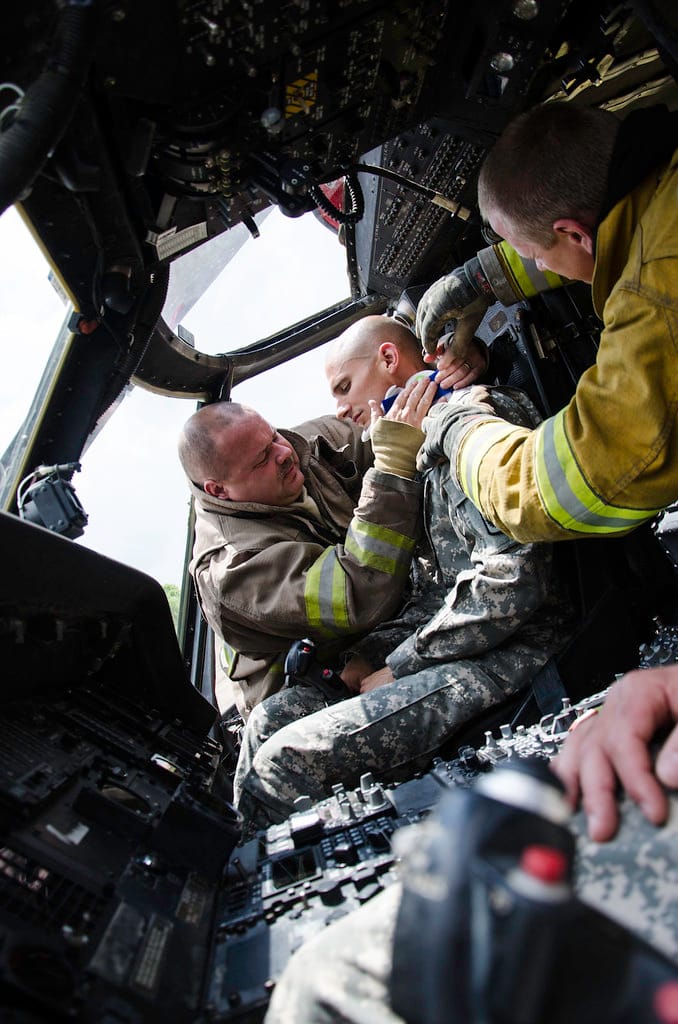Air India Chief Raises Concerns as Preliminary Crash Report Sparks New Aviation Safety Questions
A preliminary crash investigation report has prompted Air India's leadership to voice fresh concerns about aviation safety protocols, potentially reshaping industry practices and regulatory oversight in one of the world's fastest-growing aviation markets.
The aviation industry finds itself under renewed scrutiny as Air India's chief executive has publicly expressed concerns following the release of a preliminary crash investigation report. While specific details of the incident remain under investigation, the airline's leadership has indicated that initial findings raise fundamental questions about current safety protocols and operational procedures.
This development comes at a critical time for Indian aviation, which has experienced unprecedented growth in recent years while simultaneously grappling with safety challenges that have drawn international attention.
The Significance of Preliminary Findings
Preliminary crash reports, while not final determinations, often provide crucial early insights into potential systemic issues. Aviation safety experts note that when airline leadership speaks publicly about such reports, it typically indicates concerns that extend beyond isolated incidents to broader operational or regulatory matters.
The timing of these revelations is particularly significant given India's position as one of the world's fastest-growing aviation markets. The country's domestic air traffic has increased by over 300% in the past decade, placing enormous pressure on infrastructure, regulatory systems, and operational protocols.
Industry Response and Regulatory Implications
The aviation industry's response to such preliminary findings often sets the tone for broader safety discussions. When major carriers like Air India raise concerns publicly, it typically triggers:
- Enhanced regulatory scrutiny from aviation authorities
- Industry-wide reviews of similar operational procedures
- Potential changes to training protocols and safety standards
- Increased focus on maintenance and operational oversight
Aviation safety experts emphasize that preliminary reports serve as early warning systems, allowing the industry to identify and address potential issues before they become systemic problems.
Air India's Safety Record and Transformation
Air India's current safety concerns must be viewed within the context of the airline's ongoing transformation. Following its acquisition by Tata Group in 2022, the carrier has been implementing comprehensive operational reforms, including:
- Fleet modernization programs worth billions of dollars
- Enhanced pilot training and certification processes
- Upgraded maintenance facilities and procedures
- Implementation of advanced safety management systems
The airline's willingness to address safety concerns publicly may reflect this new management approach, prioritizing transparency and proactive risk management over traditional industry reticence.
Broader Aviation Safety Trends
The concerns raised by Air India's leadership align with broader global aviation safety trends. Recent years have seen increased focus on:
Human Factors: Recognition that many aviation incidents involve human error, leading to enhanced training and procedural improvements.
Technology Integration: The challenge of integrating advanced aviation technologies while maintaining pilot proficiency and situational awareness.
Regulatory Evolution: Adaptation of safety regulations to keep pace with rapidly evolving aviation technologies and operational procedures.
Maintenance Standards: Ensuring maintenance quality and frequency meet the demands of increased flight operations and aging aircraft fleets.
Impact on Passenger Confidence and Industry Standards
Public discussions of safety concerns by airline leadership can significantly impact passenger confidence, but they also demonstrate the industry's commitment to continuous improvement. Transparency in safety matters, while potentially concerning in the short term, ultimately strengthens public trust through demonstrated accountability.
The aviation industry's safety record has improved dramatically over decades, largely due to rigorous investigation procedures and the willingness of industry leaders to address identified concerns promptly and comprehensively.
Moving Forward: Lessons and Implications
The questions raised by Air India's preliminary crash report analysis highlight the aviation industry's ongoing evolution. As air travel continues to grow globally, particularly in emerging markets like India, the importance of robust safety protocols and transparent reporting becomes increasingly critical.
Industry observers note that preliminary findings often lead to the most significant safety improvements, as they provide opportunities to address issues before they become more serious problems. The key lies in translating these early insights into concrete operational improvements and regulatory enhancements.
The path forward requires continued collaboration between airlines, regulators, and safety experts to ensure that rapid industry growth doesn't compromise the exceptional safety standards that modern aviation has achieved. As Air India and other carriers navigate these challenges, their commitment to transparency and continuous improvement will ultimately determine the industry's ability to maintain public trust while accommodating unprecedented growth in air travel demand.

